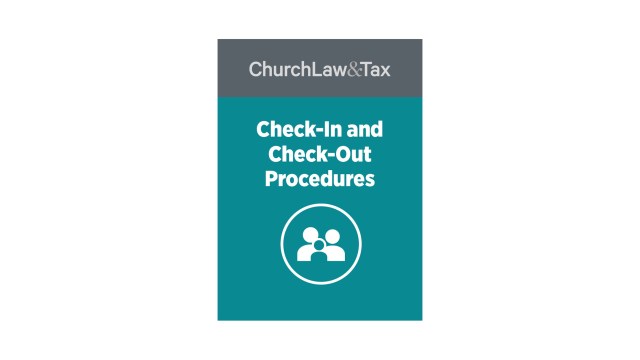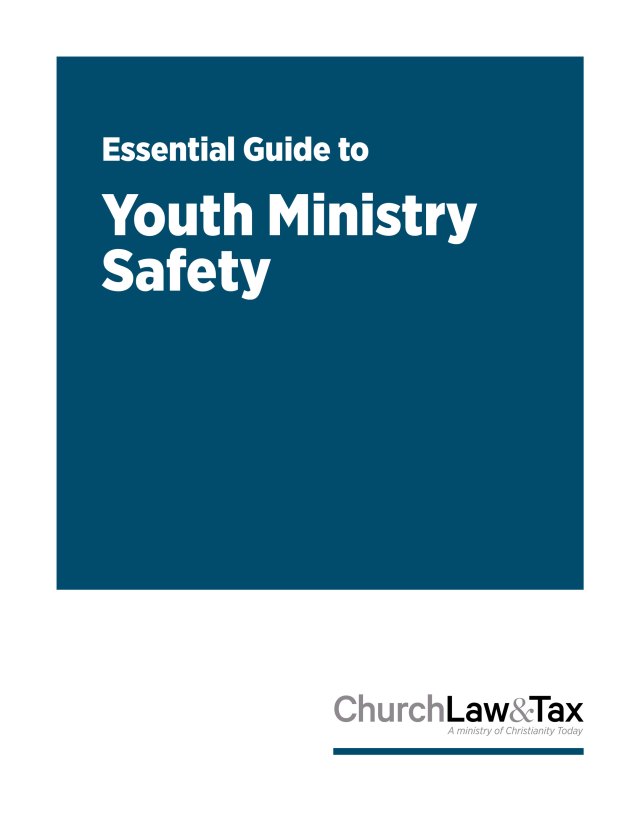Key point 10-05.2. Some courts have found churches not liable on the basis of negligent selection for the sexual misconduct of a minister or other church worker involving another adult since the church exercised reasonable care in the selection of the worker.
A Mississippi appeals court ruled that a church was not liable, on the basis of negligence or vicarious liability, for a pastor's sexual relationship with the wife of a counselee and church member.
A married couple were members of a church. In February 2011, the pastor began an extramarital affair with the wife that lasted for nearly a year. The husband (the "plaintiff") eventually learned of the affair and informed the church of it. Church staff met with the pastor that same day, and he voluntarily resigned his position as senior pastor.
On November 9, 2012, the plaintiff filed a lawsuit against the church claiming that it was responsible for the pastor's wrongful acts on the basis of (1) negligent hiring, retention, and supervision, and (2) vicarious liability. On December 9, 2013, the church filed a motion for summary judgment, alleging that the lawsuit should be dismissed as a matter of law.
After a hearing, the trial court entered an order on June 24, 2014, granting the church's motion for summary judgment. In its order, the trial court explained:
There has been no summary judgment evidence presented that the church knew or should have known that the pastor was unfit to serve as Senior Pastor or that he was prone to the activities complained of by [the husband]. Further, no evidence has been presented that the church knew or should have known of these actions by [the pastor] … . [The facts presented] cannot support any of the plaintiff's claims of liability against the church.
On appeal, the plaintiff argued that the trial court erred by granting summary judgment in favor of the church.
1. Negligent hiring, retention, and supervision
The plaintiff claimed that the trial court erred in granting summary judgment on the issues of negligent hiring, retention, and supervision. He argued that the church had been negligent in two ways:
By failing to properly perform a background search on the pastor prior to hiring him. By expressing no concern that the pastor had failed to disclose his position at the church where he was most recently employed.
The plaintiff asserted that the church, as a result of its limited background search, failed to discover that the pastor had a prior alcohol-related arrest and had previously committed adultery. He further claimed that the church failed to have in place any employee policies, any counseling policies, any policies regarding employee sexual misconduct, and any employee handbook, and wholly failed to supervise the pastor.
The court mentioned the following precautions taken by the church in hiring the pastor:
The church formed a pastor search committee. A state denominational agency provided the pastor search committee information and direction on conducting a pastor search, including but not limited to information on background searches of prospective pastors. The pastor search committee reviewed multiple résumés prior to unanimously agreeing to pursue the defendant pastor. The pastor had held three prior pastoral positions. The pastor search committee checked all references on the pastor's résumé, plus 17 additional references. The church performed a background check on the pastor through Safe Hiring Solutions and FreeCreditReport.com, specifically seeking information on his criminal, sexual, driver's license, and credit reports. The church claimed that no negative report was found or reported. The entire pastor search committee interviewed the pastor and his wife, on a wide range of topics, which took over two hours.
Regarding the plaintiff's claims of negligent hiring and retention, the court recognized that "an employer will be liable for negligent hiring or retention of his employee when an employee injures a third party if the employer knew or should have known of the employee's incompetence or unfitness." And, "if an employer exercises due care in the hiring of its employees, that employer will not be liable for the injuries of a third party unless that party can prove the employer knew or should have known of the incompetence and unfitness of the employee." As a result, "a plaintiff must prove the defendant had either actual or constructive knowledge of an employee's incompetence or unfitness before the employer will become liable for the negligent hiring or retention of an employee who injures a third party." Constructive notice is defined as "information or knowledge of a fact imputed by law to a person (although he may not actually have it), because he could have discovered the fact by proper diligence, and his situation was such as to cast upon him the duty of inquiring into it."
The church insisted that an employer is under no "duty to uncover his employees' concealed, clandestine, personal activities," and that at no point prior to the pastor's employment did the church possess knowledge of any inappropriate counseling given by him to anyone or of any inappropriate relationship that he may have had with another person. Its first knowledge of any inappropriate counseling given by the pastor to the plaintiff's wife—or of any inappropriate adulterous relationship with anyone else—did not occur until the husband disclosed the affair to the church staff.
The court concluded that the plaintiff failed to show sufficient evidence of any negligence by the church to warrant a trial. It noted: "There is no evidence in the record to show that the pastor's prior affair would have been discovered but for some negligence of the church, or that the church knew or should have known of a prior affair or unfitness. The record shows that the pastor's prior affair arose from a private business relationship, and not out of his prior pastoral position … . [The plaintiff] also failed to present any evidence that such information was known by the prior congregation or reflected on any background check."
2. Vicarious liability
The plaintiff claimed that the pastor committed adultery on church property during his regular working hours, and the church's lack of control, supervision, and policies allowed him the opportunity to cause harm. The plaintiff asserted that the church was vicariously liable for the pastor's actions on basis of the legal doctrine of "respondeat superior" under which employers are responsible for the negligent acts of their employees committed within the scope of their employment.
The court noted that an employer is responsible only for those acts of an employee committed in the course of employment, are "in furtherance of the master's business," and "are actuated, at least in part, by a purpose to serve the employer." In rejecting this basis of liability, the court referred to other cases in which the courts have declined to hold churches liable for the sexual misconduct of clergy since such acts are outside the scope of employment and are not done with any intent to serve the church's interests. Note the following examples:
Mabus v. St. James Episcopal Church, 884 So.2d 747 (Miss. 2004). The Mississippi Supreme Court stated that "under the theory of vicarious liability, the church … may only be held liable for the actions of its employee taken within the course and scope of his employment." Amato v. Greenquist, 679 N.E.2d 446 (1997). An Illinois appeals court held that the plaintiff failed to establish that a church was vicariously liable where a pastor engaged in a sexual relationship with the plaintiff's wife while the pastor counseled the plaintiff. The court stated: "As to the church defendants' liability for the pastor's actions … we hold that the complaint fails to allege that the pastor's actions in deceiving and otherwise counseling the plaintiff were for anything other than his own benefit."
The court concluded: "The record reflects that the pastor's adulterous actions served his own purposes and were entirely personal acts for his own benefit. The record reflects no evidence to show that the church participated in or benefitted from the pastor's adulterous actions. As a result, we find no error in the trial court's grant of summary judgment on the issues of respondeat superior and vicarious liability since the plaintiff fails to allege that his actions were for any reason other than his own benefit."
What this means for churches
This case is instructive because of the court's description of the steps taken by the church in the hiring of its pastor that precluded it for being liable, on the basis of negligence, for the pastor's adulterous affair with the plaintiff's wife. These steps indicate the kinds of precautions churches can take to reduce the risk of liability for the sexual misconduct of staff members. Backstrom v. Baptist Church, 184 So.3d 323 (Miss. App. 2016).



